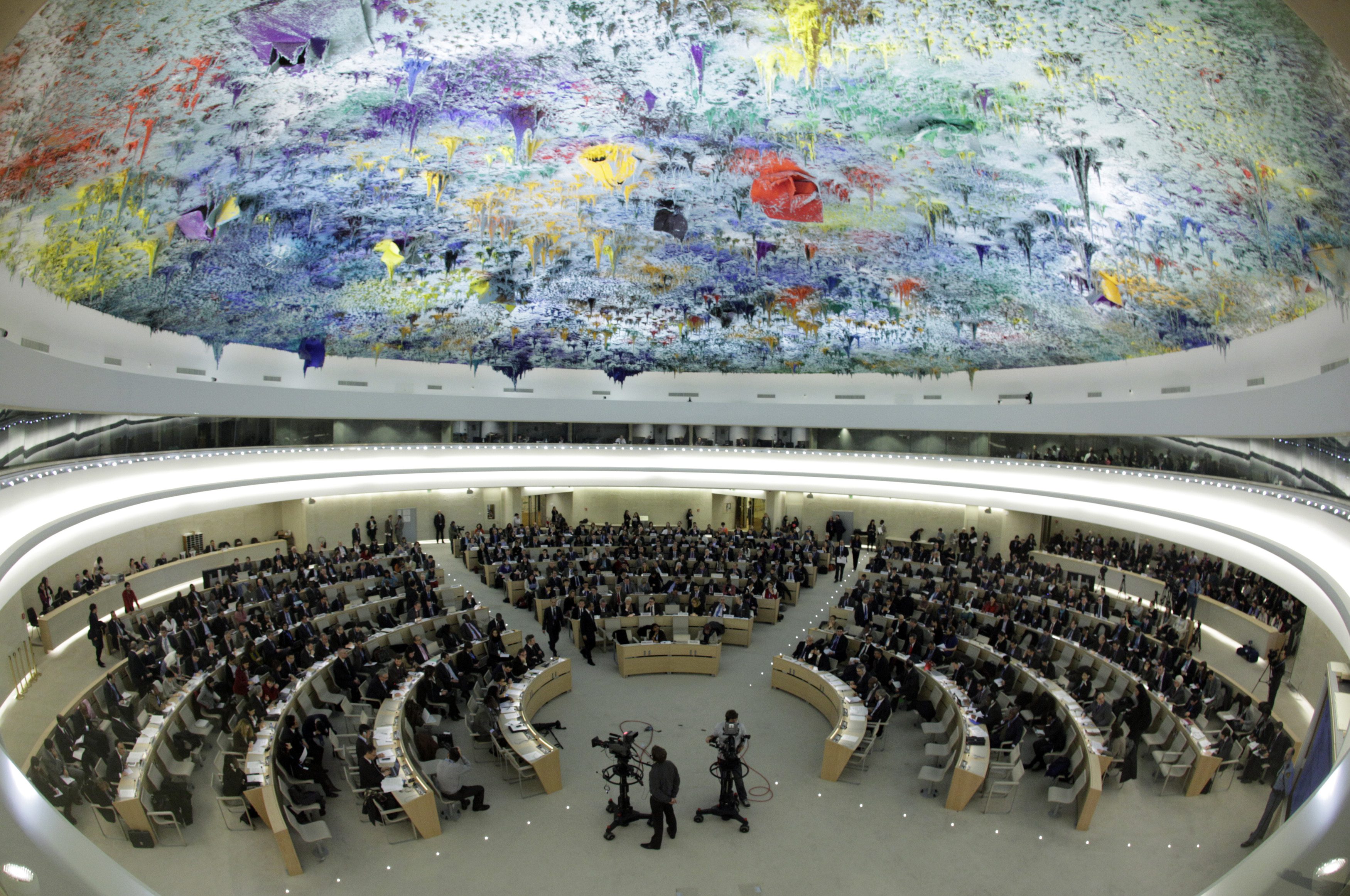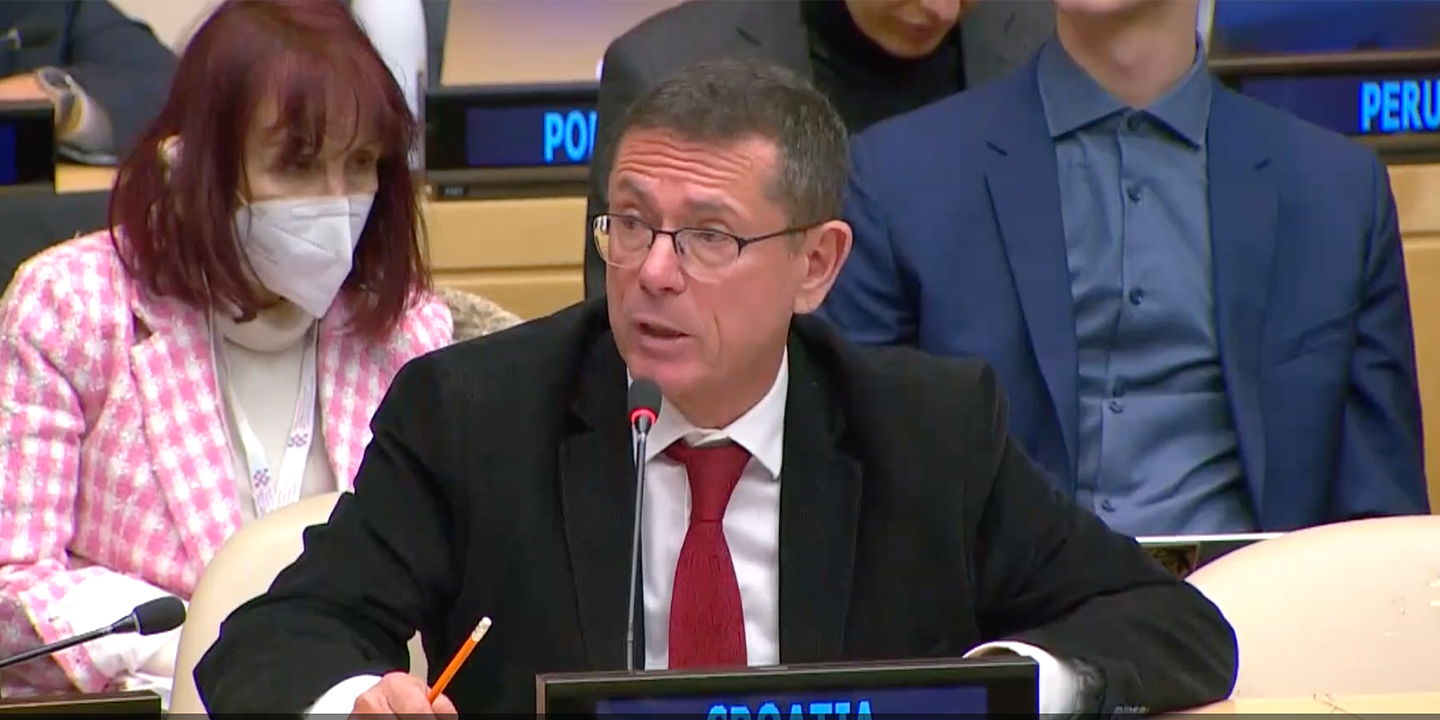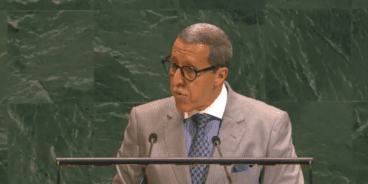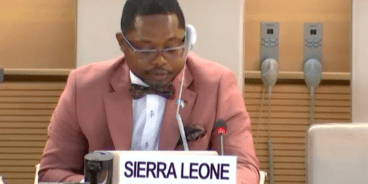

Statement delivered on behalf of the Group of Friends of R2P at the ECOSOC event, “Social and economic measures to prevent genocide, war crimes, ethnic cleansing and crimes against humanity”
The Group of Friends welcomes today’s Special Meeting of the ECOSOC, the work of which is closely linked to the principle of the Responsibility to Protect, namely the prevention of genocide, war crimes, crimes against humanity, and ethnic cleansing.
In order to adequately prevent and respond to the threat of atrocity crimes, it is necessary to better understand the early warning signs. Many outbreaks of violence, conflict and atrocities are rooted in long-standing institutionalized discrimination, poor education, economic and gender inequalities, social exclusion, hate speech, and violations and abuses of human rights, including of economic, social, and cultural rights, as well as the increased impacts of climate change, biodiversity loss and other environmental pressures. Unequal access to justice, essential resources and jobs, poor market access and terms of trade, and a shrinking democratic and civic space, are significant risk factors for violence and atrocities. Many of these risk factors are also outlined in the UN Framework of Analysis for Atrocity Crimes.
In the context of today’s discussion, the Group of Friends of R2P would like to make the following four points:
Firstly, the rule of law is fundamental to preventing the perpetration of atrocity crimes. Member States should ensure respect, protection and fulfilment of human rights, including the rights of women and girls, persons belonging to minorities, migrants, refugees and internally displaced persons, and that the judiciary acts independently, impartially, and effectively. States must also invest in the prevention of sexual and gender-based violence and conflict-related sexual violence through structural measures, including investing in appropriate legislation, investigation and accountability mechanisms, as well as healthcare and social services, or education. Furthermore, institutions such as national human rights institutions; effective, legitimate and accountable security sector and a diverse and robust civil society, including pluralistic media, should be strengthened to maximize their contribution to atrocity prevention efforts. Human rights education should be promoted and implemented effectively in a systematic manner for all generations as a life-long process, especially for the children and youth.
Secondly, economic deprivation and widening inequalities are important risk factors for atrocity crimes. They can exacerbate the competition for scarce resources and severely limit the capacity of the state to resolve domestic tensions peacefully. Various political, economic, social, and environmental measures can be taken to increase equity in the distribution of resources, and to promote sustainable development and prosperity, including employment and safety net programs for persons in marginalized situations, fiscal reforms, anticorruption measures, gender responsive policies and climate justice. Member States should ensure that development assistance programs benefit all communities equally, reduce tensions, and empower local populations, including women, indigenous peoples, and persons belonging to minority groups, and strengthen resilience.
The 2030 Agenda for Sustainable Development recognizes that sustainable development depends on fostering peaceful, just and inclusive societies that are free from fear and all forms of violence. Achieving the 2030 Agenda would be one of the most effective ways to prevent atrocity crimes and can be considered a cornerstone of prevention.
Thirdly, post-conflict peacebuilding can support states in upholding their primary responsibility to protect populations from atrocity crimes. The Peacebuilding Commission can play a particularly important role in supporting countries in the transition from conflict and atrocity crimes to sustainable peace. Without prejudice to the responsibilities of the UN Security Council, the UN General Assembly, and the UN Secretariat, possibilities should be explored for greater engagement of the Peacebuilding Commission in helping States and advising the UN Security Council to fulfil their obligations relating to the Responsibility to Protect.
Lastly, we encourage all Member States to utilize the UN’s Framework of Analysis for Atrocity Crimes and the Human Rights Council’s Universal Periodic Review process to conduct periodic national assessments of risks and resilience, in order to strengthen human rights protection.
Related Content


Statement on behalf of the Group of Friends of the Responsibility to Protect at the 2025 UN General Assembly Debate on R2P
